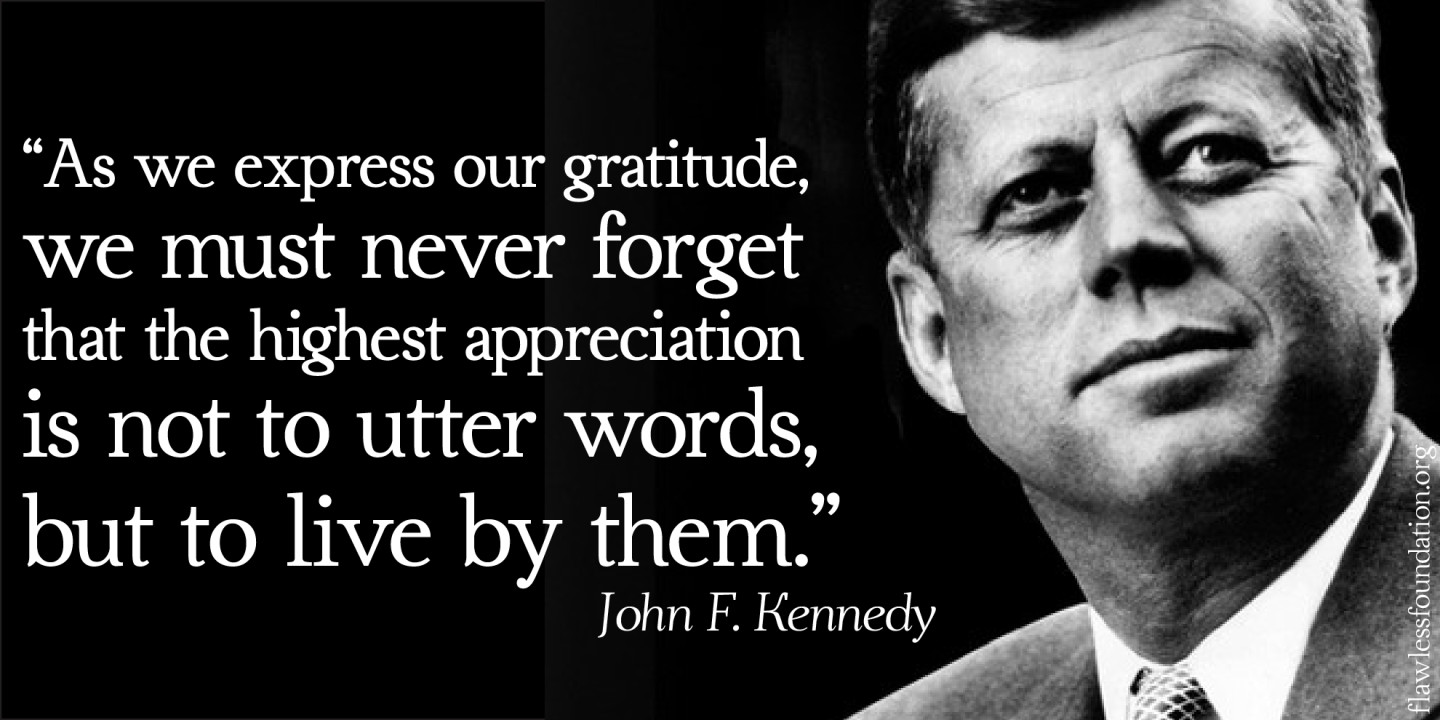In a recent tweet, presidential candidate Donald Trump threatened, ominously, to “spill the beans” about Ted Cruz’s wife, Heidi Cruz; Trump’s Twitter followers ended up doing the dirty work for him, “spilling the beans” that Heidi Cruz has had a history of depression. It’s certainly not the first time Trump has said something inexcusable about people with mental health histories. In a campaign season rife with discriminatory remarks towards everyone and anyone, though, this public shaming of a mental health condition marks a new low — and should serve as a reminder that other presidential candidates have propagated offensive language and attitudes towards mental health, too.
One surprising example of this, which flew under the radar and contains an important lesson for us all — came from Senator Bernie Sanders earlier this month at one of the Democratic presidential debates. Senator Sanders quipped, “When you watch these Republican debates, you know why we need to invest in mental health.” The audience burst out in laughter and cheers; Hillary Clinton chuckled. It was supposed to be a clever means of highlighting the ways GOP candidates have conducted their election-season politics.
I understand the humor; as a person with a history of mental health challenges, this doesn’t offend me because I have a strong sense of self and can take a joke. But as an advocate who is trying to transform our collective behavior and language regarding mental health, I was horrified. How can an intelligent man running for the highest office in our country — on a platform of social justice — not understand that saying something like this makes it seem like mental illness is not a physical or “real” illness?
This comment says, “If you’re a Republican who holds these contentious political views, you must have a mental illness, and you’re the reason we should put more money into mental health care.” While this remark was, of course, meant to disparage the Republican presidential candidates, it is the kind of rhetoric that does more than that: It erodes sensitivity and understanding for the many millions of Americans who do have brain disorders and continue to be denied proper health care.
Mental illness is not a choice, it is not a political persuasion, it is not a wild belief, it is a health condition — it is a disorder of the brain. Bernie Sanders meant his statement as an insult: He implied that GOP candidates were mentally ill and to be mentally ill, well, is to be “crazy,” “nuts,” not a “normal” member of society.
I understand we are living in an era in which political rhetoric has extended beyond what ought to be acceptable — including the insulting ways Donald Trump refers to people’s ethnicity, religion, and gender. But mental health status is an easy target, an easy stereotype, a type of discrimination that keeps mental health research and care in the dark ages. Can you imagine if we used other health conditions, like cancer, as insults?
The thing is, we all laughed when the joke was about mental illness — and that shows how deeply ingrained this bias is and how unflinchingly we accept discriminatory statements like this. I use Bernie Sanders as merely an example. Aside from his most recent provocation, Donald Trump has repeatedly used disrespectful words like “wackos,” “nut jobs,” and “basket cases”. Even Hillary Clinton, who has long been a strong supporter of mental health, laughed along with the audience at Bernie Sanders’s remark. We are all complicit.
When it comes to statements like those of Senator Sanders, it’s important to understand that one can mean well and also say the wrong thing — one can be a proponent of mental health rights without realizing that you’re simultaneously propagating negative and harmful stereotypes. Good intentions do not give us permission to use discriminatory language. We must do better and train ourselves to think about brain health correctly. We must speak out and call these issues to attention.
In terms of mental health, all of this year’s candidates would do well to look to the example of President John F. Kennedy. As the leader of our country in an era when mental illness was heavily stigmatized,President Kennedy was a mental health civil rights leader who spoke with respect about all people. Rather than treating people with mental illness as second class citizens — which is precisely what today’s candidates have done with their language — President Kennedy recognized that every human being deserves to be treated with dignity. Sure, today’s candidates may change their tunes as election season wears on, and apologize for their statements about mental health –and this will only give them more reason to look to JFK for inspiration. As the great president said: “we must never forget that the highest appreciation is not to utter words, but to live by them.”







